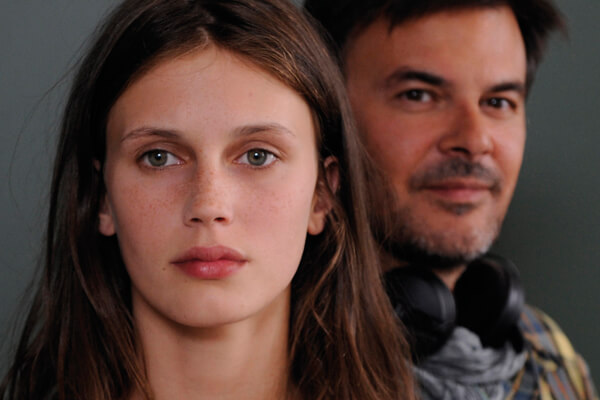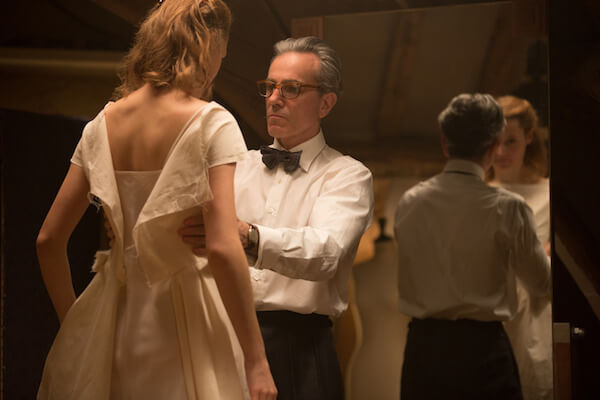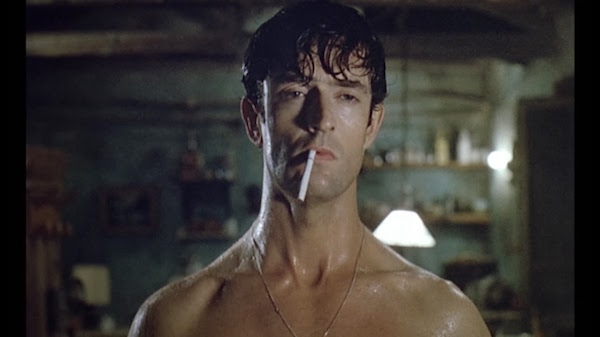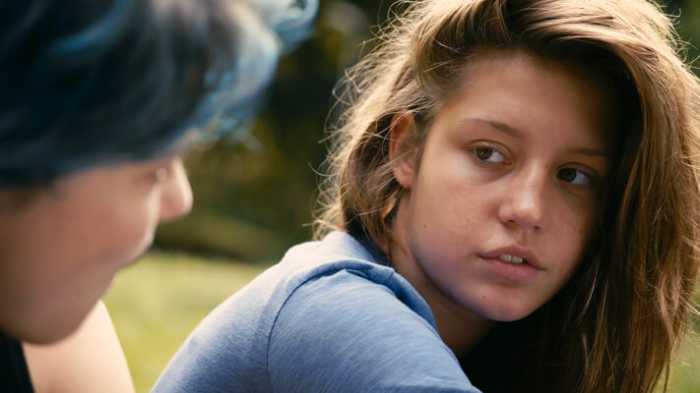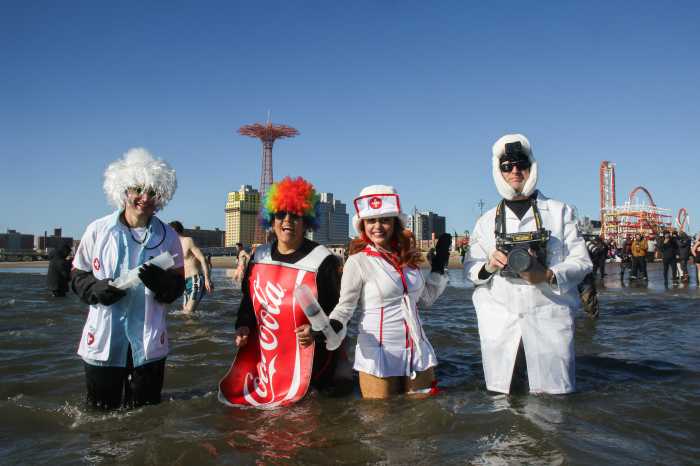Director François Ozon and his young starring actress, Marine Vacth. | IFC FILMS
BY GARY M. KRAMER | Young & Beautiful,” the latest film from prolific gay writer/ director François Ozon, is an exquisitely made drama that chronicles a year in the life of 17-year-old Isabelle (Marine Vacth). After losing her virginity at the beach during the summer, she returns to Paris and secretly works as a prostitute after school.
When one of her clients dies, Isabelle’s activities are brought to the attention of her mother, Sylvie (Géraldine Pailhas), who is shocked and saddened by her daughter’s behavior
Ozon met with Gay City News to talk about “Young & Beautiful” during the Film Society of Lincoln Center’s Rendez-Vous with French Cinema Festival in March. The filmmaker explained it was important for him to show “the mystery of who was behind the girl — her motivations. I wanted to film without easy explanations — to be a voyeur.”
François Ozon explores a young woman’s stark strike for independence
His detached approach has Isabelle spied on through binoculars while sunbathing on the beach in the opening scene –– and often through car windows and hotel room mirrors. The scene where Isabelle first has sex has the teenager literally stepping outside the situation –– she “watches herself.”
“She is changing,” Ozon said of Isabelle. “She has new desires. She is no longer a child, but not yet an adult. It’s a transformation. She has a different costume for each character. Adolescence is finding a place and taking freedom from your parents. It’s having a double life. I think adolescents need to separate from family — hide a part of their life — to find intimacy.”
A teenage girl keeping her sexual activity a secret from her parents certainly parallels the experience of many gay youth keeping their same-sex desires to themselves. Ozon said he initially conceived the film as a teenage boy discovering his sexuality.
“But if he was a prostitute we would have gay themes, and I felt that was too heavy,” he explained. “I wanted to make something light, sweet, and girly.”
He added, “My last film, ‘In the House’ was about a boy and I wanted a change. It is no problem for me to identify with a female character. For me, it’s clearer. It was not a direct reflection of me.”
Ozon was candid in talking about his own self-discovery at 17.
“I knew I had the power to seduce,” he admitted. “I used that, but not in the same way as Isabelle — I didn’t become a prostitute — but adults were looking at me differently. I felt the sexuality of adult women and men. It was real power — they were older and because I was young and beautiful, I could use that.”
The director, who is an older brother to two sisters, often explores family dynamics in his films. In “Young & Beautiful” he treats the family with tenderness.
“I wanted to understand each point of view, from the complaining mother to the macho stepfather (Frédéric Pierrot),” Ozon said. “There is a violence for parents –– the mother feels guilty. She educates and loves her daughter, and she feels Isabelle’s actions are because of her.”
Parents, he noted, regularly have to deal with revelations that might make them uncomfortable, such as their son being gay or their daughter having sex with a family friend. How Sylvia handles the discovery of her daughter’s sex work is what makes the film so compelling in its second act.
Ozon researched the character of Isabelle by meeting with psychoanalysts and policemen who work with teen prostitutes. “Young & Beautiful” makes it clear that Isabelle’s prostitution is a form of control –– she is not doing it for the money. In that way, the director explained, it is a feminist film.
“There is a disconnect between her sexuality and her feeling, especially when she confronts death,” he said.
Isabelle losing her virginity is not a key to her behavior, in Ozon’s eyes.
“Isabelle just wants to turn the page,” he explained. “I don’t think it was an important moment. It’s really amazing; I don’t know anyone for whom losing their virginity is such a great moment. It’s a disaster. You choose someone and you have to do it. There’s too much pressure.”
Ozon worked closely with Vacth, who was 21 when “Young & Beautiful” was shot. The young actress gives an incredibly assured performance, and her body language is particularly impressive. Of their collaboration Ozon said, “I’m honest with actors. I do not manipulate them. I tell them everything –– what I want, what I don’t. I explain what to do before the sex and nude scenes.”
He also counseled Vacth about the importance of her role to her career, telling her, “This is a film that will follow you all your life. People will confuse the character and the actress.”
Ozon created a trust with Vacth and likened Isabelle to Catherine Deneuve’s prostitute in “Belle de Jour” or Charlotte Rampling’s role in “The Night Porter.”
Rampling has an important cameo in “Young & Beautiful” and Ozon acknowledged he deliberately gave her the role because “Isabelle is mysterious and [Vacth] is the same kind of actress as Rampling. I wanted to create a transmission from the old woman to the young girl. A mature actress and a new actress at the beginning of her career, so what you feel is a passing of the baton.”
This critical scene between the two actresses provides a climax of sorts for an hypnotic film. “Young & Beautiful” confirms Ozon’s mastery at penetrating the mysteries of human sexuality and identity.
YOUNG & BEAUTIFUL | Directed by François Ozon | IFC Films | Opens Apr. 25 | IFC Center, 323 Sixth Ave. at W. Third St. | ifccenter.com

